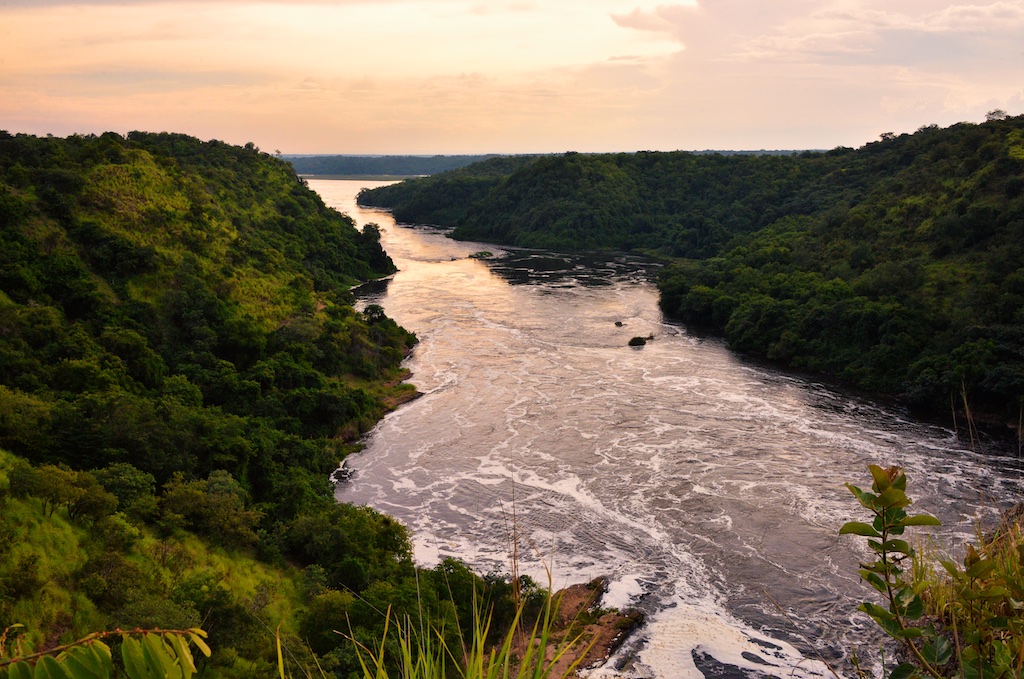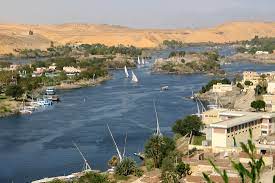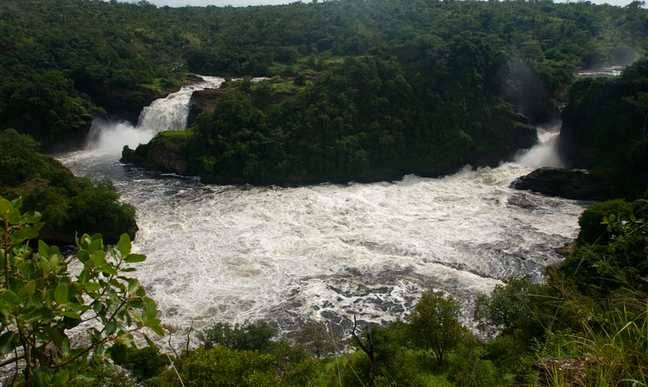| Posted on | Education
Why the Nile River Was So Important to Ancient Egypt ?
Student | Posted on
Let us first know that The River Nile is about 6,670 km ( 4160 miles ) in length and is the longest river in Africa and the world. In ancient times or even today, the Nile River is mostly associated with Egypt but only 22% of the Nile's course runs through Egypt.

Now coming to the part, why it is so important to the Egyptians then the answer is Ancient Egypt could not have existed without this river Nile. Due to the geographical location of Egypt, rainfall is almost non-existent here, the floods provided the only source of moisture to sustain crops.
The Nile River flows northward for 4,160 miles from east-Central African to the Mediterranean, that provides Ancient Egypt with fertile soil and adequate water for irrigation. Not only for agriculture but also as a means of transporting materials for building purposes. It is the source that enables cities to sprout amid a desert.
The Egyptians developed new skills from agriculture to boat and shipbuilding. Apart from all these, the river also played an important role in the construction of the pyramids. Apart from all these practical uses,
The vast river has a vital influence upon the Egyptians' view of themselves and their world, shaping their religion and culture.
Another way the Nile helped the ancient Egyptians in doing trade. The Nile was the quickest and easiest means of travel from one place to another. It is said that The Nile was a critical lifeline that brought life to the desert because it was the source of rich farmland, the Nile was the focal point of the Egyptians. Additional to agricultural purposes, it serves as a vital transportation route, in trade and serves as a part of identity.
Also Read :- What are the tributaries of river penna?
0
0 Comment
CONTENT WRITER | Posted on
The Egyptians built the world’s first pyramids and paved the way for future civilizations. To date, it is still considered one of the world’s great wonders, providing food and water for over 18 million people in 6 countries. The Nile River is inductive to ancient Egyptian culture, providing them with an abundance of fresh fish for sustenance. Without this river, humanity would never have flourished in such away. What do you know about what turned out to be one of the most important rivers on Earth? Let's find out together!
Without this river, humanity would never have flourished in such a way.
The Nile River
What is it? The Nile River is a 3130 km long river in Africa. The river rises in Lake Victoria and flows north through Tanzania. Then the Nile makes a sharp turn west and flows through Sudan until it empties into the Mediterranean Sea. This green belt of fertile land results from the river’s annual summer flooding, called inundation. Due to this flooding, Egypt was one of the first civilizations that man flourished in after their move out of Africa 70 thousand years ago.

Also Read :- How many river bodies are their in the Indian subcontinent?
0
0 Comment
| Posted on

The Nile River was extremely important to the ancient Egyptians for several reasons:
- Water source: The Nile provided a reliable source of water for irrigation and agriculture, which was essential for the growth of crops such as wheat, barley, and flax. Without the Nile, it would have been difficult for the Egyptians to grow enough food to sustain their population.
- Transportation: The Nile was also an important transportation route for the Egyptians. They used boats and barges to transport people, goods, and materials up and down the river, as well as to trade with neighbouring regions.
- Fertility: The Nile deposited rich silt and minerals along its banks during its annual flooding, which made the soil extremely fertile and ideal for agriculture. The Egyptians believed that the Nile was a gift from the gods, and they celebrated its annual flooding with festivals and ceremonies.
- Protection: The Nile also provided a natural barrier against invaders. The desert on either side of the river made it difficult for enemies to cross into Egypt, which helped to protect the ancient Egyptians from outside threats.
- Spiritual significance: The Nile was deeply intertwined with the religious beliefs of the ancient Egyptians. They believed that the river was a manifestation of the god Hapi, who controlled the annual flooding and brought fertility to the land. The Nile was also associated with the goddess Isis, who was believed to have brought her son Horus to safety on the banks of the river.
Overall, the Nile River was a vital and central part of ancient Egyptian life, providing the people with water, food, transportation, protection, and spiritual significance.
Also Read :- When were the pyramids in Egypt discovered?
0
0 Comment
